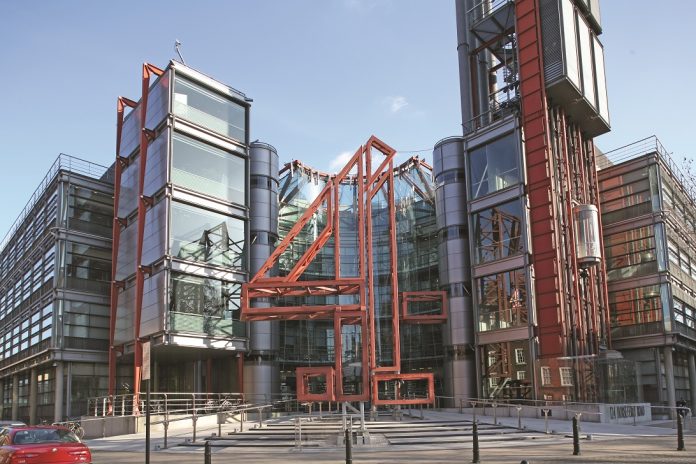Neil Adams, Reading Socialist Party
In yet another U-turn, the Tory government has ditched plans to privatise the broadcaster Channel 4. This is significant when we consider that current prime minister Rishi Sunak campaigned for the Tory leadership on the basis of carrying out the privatisation plans.
This must be welcomed, but what were the factors that led to this decision by a government ideologically opposed to public ownership?
As previously reported in the Socialist, all other attempts to privatise this service have failed. Even as far back as Margaret Thatcher whose government oversaw its creation!
The latest privatisation plans originated under the Johnson government, proposed by the then culture secretary Nadine Dorries. As stated in the Guardian newspaper recently: “There had been suggestions, including from Tory MPs, that the proposed sale was motivated by political opposition to Channel 4’s output rather than a sound business case.” This certainly would appear in keeping with the right-wing populism of Johnson’s government.
The plan to sell the broadcaster for a possible £1.5 billion had faced opposition from Channel 4 executives and much of the TV industry. Dorries’ successor, Michelle Donelan, said that she had reached her decision “after reviewing the business case and engaging with the relevant sectors.”
But the growing mood of militancy in society as whole, as seen in the magnificent strike wave that saw 1.5 million work days lost in December of last year alone, and pressure from entertainment unions, has checked the Tory government, which does not want to open up another front.
However, new legislation proposed will enable Channel 4 to make its own shows for the first time in its 40-year history. This is contentious, and Pact – the trade body that represents British television production companies – said: “Any relaxation of Channel 4’s publisher-broadcaster status will be a blow to the sector, who are already facing increased production and business-related costs.”
Independent production companies are concerned. Channel 4 currently has a quota to commission at least 25% of its programmes from independent producers, but in practice the real figure is around 60%, according to the broadcaster’s latest annual report.
No matter what decisions are made around Channel 4, the interests of workers in the industry or those of the consumers will never be fully met under a capitalist business model.
As socialists we must consistently argue for a publicly owned and democratically accountable media, where workers in the industry receive a fair wage and enjoy decent terms and conditions and society as a whole can have a say in what is produced.








